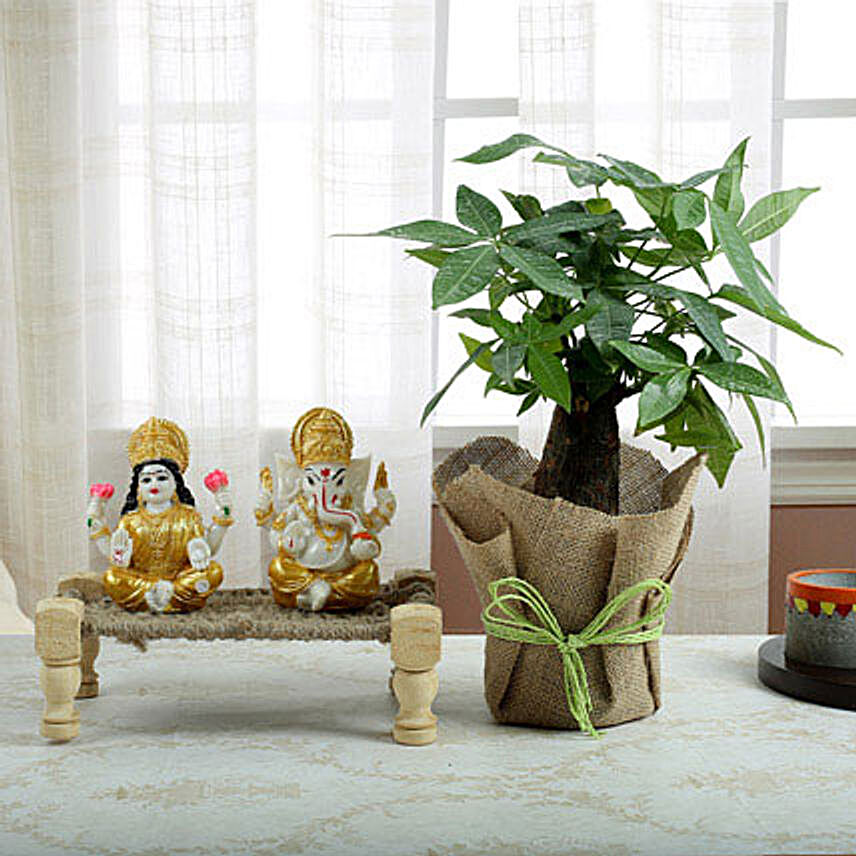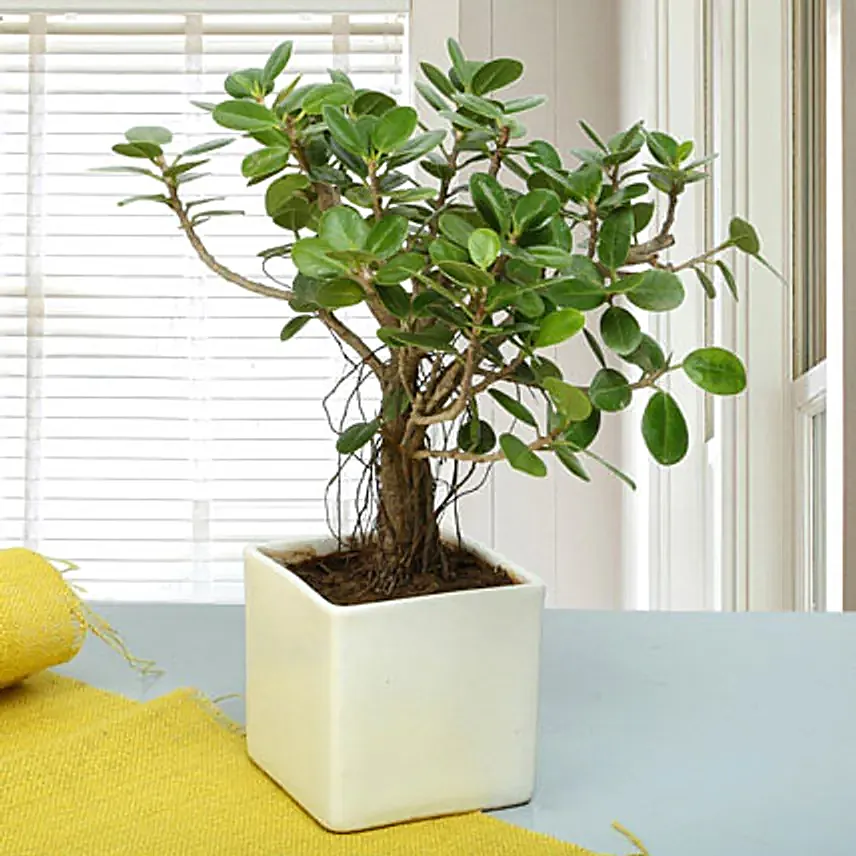To answer this simple yet thought-provoking question, it would be best to cite some facts and figures published by WHO.
91% of the world's population lives in places where air quality exceeds WHO guideline limits.
4.2 million deaths occur every year as a result of exposure to ambient (outdoor) air pollution.
3.8 million deaths take place every year as a result of household exposure to smoke from dirty cook stoves and fuels.
Air Pollution causes 1 in 9 deaths globally.
Air pollution (the theme of World Environment Day 2019) is the deadliest type of pollution that affects all regions of the world. However, populations in low-income cities are the most impacted. According to the latest air quality database, 97% of cities in low- and middle- income countries with more than 100,000 inhabitants do not meet WHO air quality guidelines. However, in high-income countries, that percentage decreases to 49%.
In the U.S.A, about 134 million people more than 40% of the population is at risk of disease and premature death because of air pollution.
The airborne particles, depending on their chemical set up, can also have direct effects separate from climate change. They can alter or deplete nutrients in soil and water layers, harm forests and crops, and damage cultural icons such as monuments and statues.
9 out of the top 10 "most polluted cities in the world" belong to India.
Our Earth loses 18.7 million acres of forests per year. That is equal to 27 soccer fields every minute. It is estimated that 15% of all greenhouse gas emissions come from deforestation, according to WWF.
Only 22.8% of India is green and to maintain a proper ecosystem balance it should be 33%.

Ariel Durant said, "A great civilization is not conquered from without until it has destroyed itself from within". With the current rate of deforestation, this quote is proving right. Human civilization is destroying itself from within. Plants form the base of our food chain and its population is more important than the human population. Call it greed or the "need of the hour", one actually cannot stop things like "urbanization", "globalization". There is need to prosper and develop and that means cutting down more forest cover for expansion. But there should be a window of expansion too - right?
When we commit a sin, we confess it to God and ask for forgiveness. Similarly, when an industrial belt is constructed, why don't we plant enough trees? Things will change when people accept the fact that the earth is our first home and then prioritize countries or districts. The current world population is 7.7 billion people - imagine if everyone plants a tree every month - won't this planet become heaven? In this reference, the example of the Philippines can be mentioned. Between 1938 and 1988, nearly 25 million acres of forest cover was cut down. So, the forest dipped from 70% to just 20% leading to many atrocities. So, this year, the Philippine Senate passed a new law which says - every student has to plant 10 trees in order to graduate. This program would total about 525 billion trees planted across one generation of students. Isn't that amazing? Every country needs to take up stern laws in order to save this planet.
As they say, charity begins at home. In this context let's try to understand the importance of plants in homes :
Every plant is air purifying by default and thus the level of oxygen would increase and harmful toxins from the atmosphere would be eliminated. If someone is not so well-versed with "plant care", then, there are "low maintenance" plants for them like money plant, croton plant, jade plant, spider plant, peace lily plant, etc. These plants require less sunlight and water. Thus with minimal maintenance, they help provide a better environment.
Many things at your home are toxic - did you know that? The air freshener, furniture polish, paint, oven cleaner, etc. produce formaldehyde, benzene, and trichloroethylene or TCE, airborne biological pollutants, carbon monoxide, and nitrogen oxides. These toxins contribute to "sick building syndrome", which causes symptoms ranging from allergies, headaches, and fatigue through to nervous-system disorders, cancer, and death. NASA listed 50 plants that can kill these toxins like Lady Palm, Areca Palm, Rubber Plant, Dracaena, Philodendron, Boston Fern, and etc.
Plants are also known as natural air conditioners. Due to the changing climate (as a result of deforestation), the temperature is rising every year and with the installation of Air Conditioners, global warming is also rapidly increasing. This cycle is quite harmful. Plants like Areca Palm, Rubber Plant, or English Ivy have higher transpiration rates that would provide cooling. Aren't they a healthy option for decorating your living room?
Apart from "removal of pollution", plants also elevate the beauty of any space. Keeping it in homes, offices, balconies, stairways, living rooms, bathrooms, entrance halls, etc. would attach a stunning personality to that space. That's not all - there are also some plants that improve luck. Lucky bamboo or jade plant or money plants are believed to curb bad luck and bring more love, peace, and prosperity in our lives.
Sleeplessness, hypertension, anxiety, and stress are some of the diseases that affect people. 9 out of 10 people in India suffer from some kind of stress. Not only that, the rising traffic, noise pollution, and toxic air to breathe leads to headaches and many other physical ailments. There are plants exclusively meant for bedrooms like gardenia or peace lily. They are believed to diminish stress and depression and provide a good night's sleep.
These innocent and beautiful plants most importantly produce fruits and flowers that satisfy both the body and the soul. Remember the food chain? Plants lie at the base - without them, no other living organism can exist. So, for the brighter future of this planet, our country, and our homes, plants are quintessentially vital.






